Abstract 10/2018
Table of content
Radosław Bul – Evaluation of the program for the construction of public transport interchanges within the framework of Integrated Territorial Investments in the City of Poznań and its agglomeration
Jacek Malasek – Autonomic car and Vision Zero
Bryniarska Zofia, Wilk Natalia – Assessment of the Wavelo city bike rental system in Krakow
Robert Tomanek – Zero-emission urban mobility on the example of a bicycle system in the Upper Silesian agglomeration
Abstracts
Radosław Bul
Evaluation of the program for the construction of public transport interchanges within the framework of Integrated Territorial Investments in the City of Poznań and its agglomeration
Abstract: The aim of the article is to present the results and evaluate the implementation of the strategic program within the framework of Integrated Territorial Investments, allowing to build public transport interchanges in the City of Poznań and its suburban area. Author of the article presented the criteria and the results of the application contests and compared it with planning documents with the proposals of construction of public transport interchanges. Strategic program “P1 Poznań Metropolitan Railway. Integration of the rail transport system at Functional Area of Poznań was one of the most interesting projects realised in the country aimed at co-financing the construction of transport infrastructure. Thanks to its implementation the governments of Poznań and suburban communes invested 679 million PLN for the system of 54 public transport interchanges.
Key words: public transport interchanges, Poznań Metropolitan Railway, agglomeration of Poznań, Metropolitan Poznań Association
Jacek Malasek
Autonomic car and Vision Zero
Abstract: Testing and piloting autonomous vehicles implementation is at present the leading trend in research works on increasing road safety and mobility efficiency in urban areas, as a support for actions in the field of ecomobility. Foremost among the predicted benefits of vehicle automation is the promise of improved road safety, as numerous studies have indicated that the vast majority of fatal vehicular crashes are linked to driver error. Driver obligations depend on the implemented level of automated driving; starting with driver assistance (level 1), through partial automation and conditional automation (levels 2 and 3), up to high automation and full automation (levels 4 and 5). Further development of AVs technology is indispensable because of a great number of traffic incidents with participation of autonomous vehicles noticed in USA. There are still some doubts on traffic automation influence on fighting congestion and changing drivers behavior. USA leads in traffic automation but also Europe announced its roadmap for autonomous mobility implementation. The newest anti-collision systems and the field tests of autonomous driving are presented.
Key words: road traffic automation, innovative technologies, road safety
Bryniarska Zofia, Wilk Natalia
Assessment of the Wavelo city bike rental system in Krakow
Abstract: In overcrowded and suffered from congestion cities, cycling is gaining more and more popularity. It allows everybody to avoid waiting in vehicles in long jams, pass shortcuts not available for motor vehicles, and at the same time it helps to improve or maintain good physical condition. City bikes rental systems are devoted for those who do not have their own bike. They allow you to rent a bicycle for a certain period of time necessary to travel, approach to the destination and leave it without having to make a return trip. Since the implementation of the first concept of a city bike in the 1960s urban rental systems, meeting the needs of their users, are more and more developed and modernized. The article presents the principles of the operation of the fourth generation (4G) city bike rental in Krakow and the assessment of the system’s operation based on marketing research among the users of this system. The results of the current rental system (Wavelo) and the previous one (KMK Bike) have also been compared.
Key words: bicycle transport, city bike rental, city bike, Wavelo, mobility, preferences and satisfaction of city bike users
Robert Tomanek
Zero-emission urban mobility on the example of a bicycle system in the Upper Silesian agglomeration
Abstract: The article presents the condition of the bicycle system as an element of sustainable mobility in the Upper Silesian agglomeration. In particular, the elements of cycling infrastructure, the scope of integration, the business model of the city bike system were critically assessed. The article is based on a review of literature and field observations documented with photographs by the author. As a result, the basic barriers to balancing metropolitan mobility based on the zero-emission bicycle system were indicated.
Key words: mobility, sustainable mobility, bike system, bicycle infrastructure, city bicycle
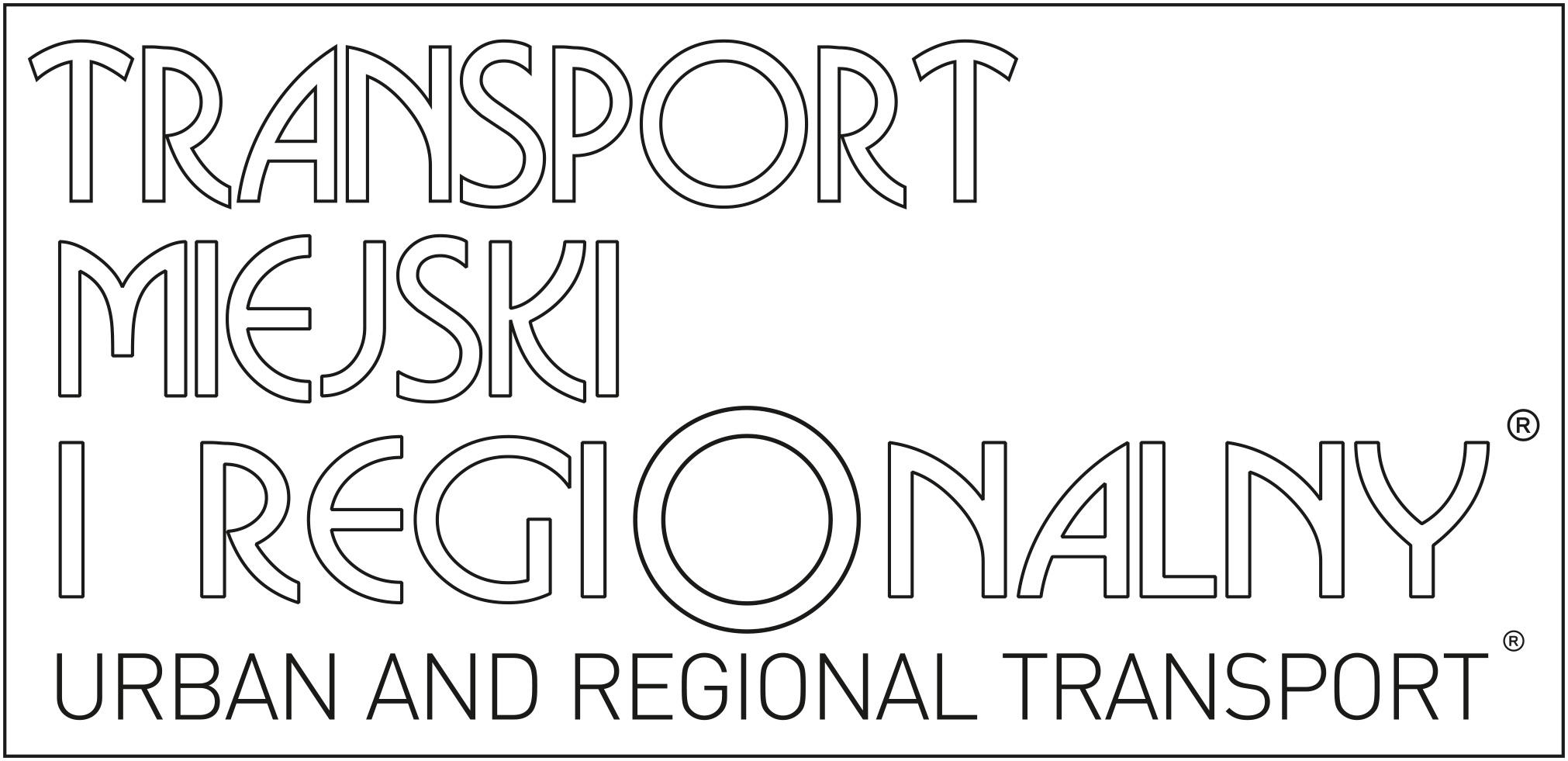
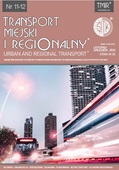 SITK
SITK 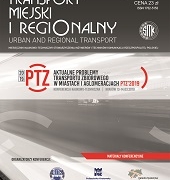
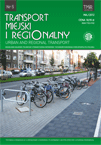 SITK RP
SITK RP 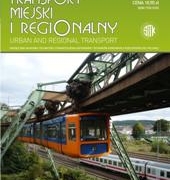 SITK RP
SITK RP 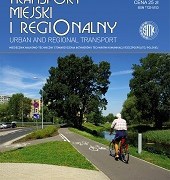
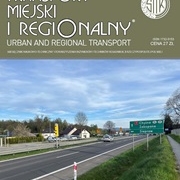 SITK
SITK 

